1. Battery Type: Lithium-Ion vs VRLA UPS Battery
The first decision you need to make is between lithium-ion and VRLA batteries.
● Lithium-Ion Batteries: These batteries last longer and require very little maintenance. They are also lighter, more efficient, and charge faster. However, they cost more upfront.
● VRLA Batteries: These are more affordable and widely available. They last about 3-5 years and need more frequent maintenance. VRLA batteries are bulkier and slower to charge than lithium-ion batteries, but they are reliable for short-term use.
2. Battery Capacity and Runtime
Battery capacity is a key factor when selecting a UPS battery, as it directly affects how much power can be stored and how long your devices can stay operational during a power outage.
Capacity (Ah or kWh): A higher-capacity battery can store more energy, allowing it to support your devices for a longer period. To choose the right capacity, calculate the total power consumption of all the devices you want to back up.
Runtime: Think about how long you need your devices to keep running during a power outage—just a few minutes for safe shutdown, or several hours of full operation. If you need longer backup time, go for a battery with higher capacity to match your expected runtime.
3. Temperature and Environment
Temperature directly affects UPS battery performance and lifespan. Both heat and cold can reduce battery efficiency and shorten service life.
Indoor places like data centers, offices, or server rooms usually have stable temperatures around 20-35℃. In these environments, lithium-ion batteries are the best choice. They provide reliable performance, high efficiency, and last longer in these conditions.
In outdoor UPS applications where is no advanced temperature control system, VRLA batteries are generally better suited for most cases. VRLA batteries can handle low temperatures well and don't require complex temperature management. However, their lifespan can still be significantly reduced in high heat.
4. Charging Speed and Efficiency
The charging speed of a UPS battery plays a key role in system readiness, especially in areas with frequent power outages. A battery that charges quickly will be ready for the next backup cycle sooner, reducing downtime risks.
Lithium-Ion Batteries charge faster and are generally more energy-efficient. This means less energy is wasted during charging, and the battery reaches full capacity more quickly.
VRLA Batteries take longer to charge and may become less efficient over time, especially with repeated use. This can result in longer recovery times after each power outage.
5. Maintenance Requirements
If you want a low-maintenance solution, a lithium-ion battery is a great option. These batteries require little to no maintenance throughout their lifespan. On the other hand, VRLA batteries require more care, such as checking electrolyte levels and cleaning regularly, to ensure they continue to function well.
6. Space and Weight
Consider the space where the UPS battery will be installed. Lithium-ion batteries are smaller and lighter, making them a good choice for spaces with limited room. VRLA batteries are bulkier and take up more space.
7. Budget and Cost
Your budget plays a key role in selecting the right UPS battery. It's important to consider not just the upfront price, but also the long-term cost and value.
Lithium-Ion batteries have a higher initial cost, but they offer a longer lifespan, better performance, and minimal maintenance. Over time, this can lead to lower total cost of ownership, making them a more cost-effective choice for long-term use.
VRLA batteries are more affordable at the beginning, which can be ideal for short-term needs or limited budgets. However, they usually have a shorter lifespan, require regular maintenance, and may need to be replaced more frequently, leading to higher costs over time.
8. Safety and Warranty
Choose a reliable brand that offers a clear and strong warranty—it protects your investment and shows the manufacturer's confidence in their product.
Lithium-ion batteries usually come with advanced safety features like Battery Management Systems (BMS) to prevent overcharging, overheating, and short circuits, improving both safety and lifespan.
VRLA batteries are generally safe but need careful handling and proper installation to avoid issues like leakage, swelling, or damage. Always follow the manufacturer's guidelines for safe and reliable use.
Conclusion
When choosing the right battery, we should consider several factors, including battery type, capacity, runtime, maintenance needs, and cost. Make sure to consider your specific needs when selecting the best UPS battery for your devices. With the right battery, you'll ensure continuous power during outages and protect your equipment effectively.
Ready to choose the best UPS battery for your needs? Contact us today to get expert advice and explore our range of high-performance UPS batteries!






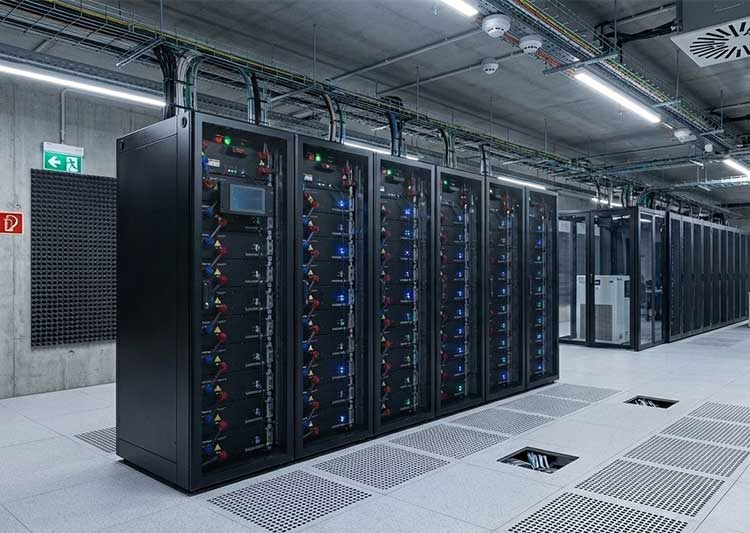
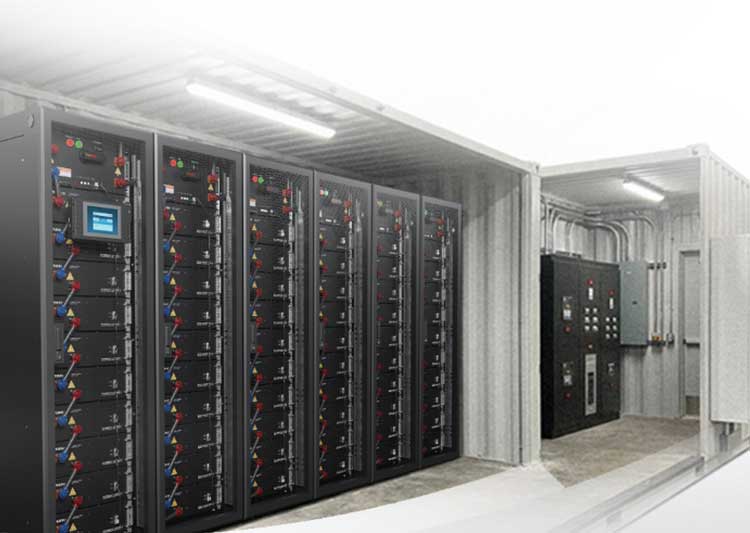




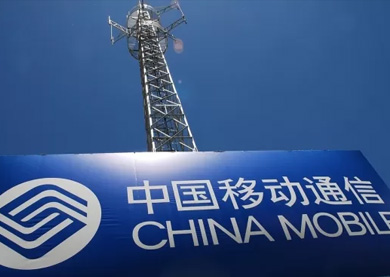





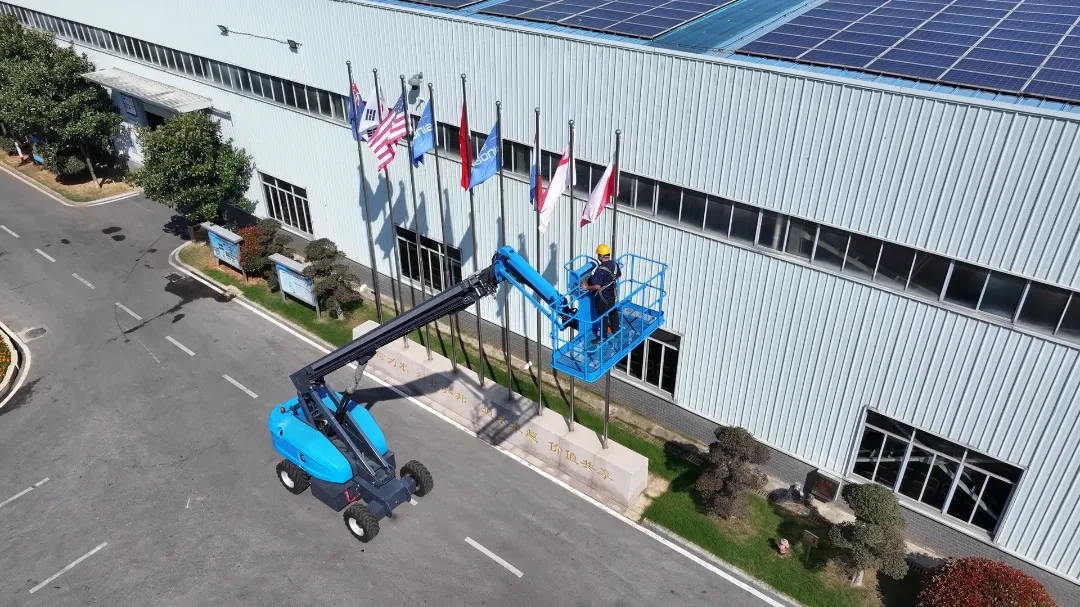





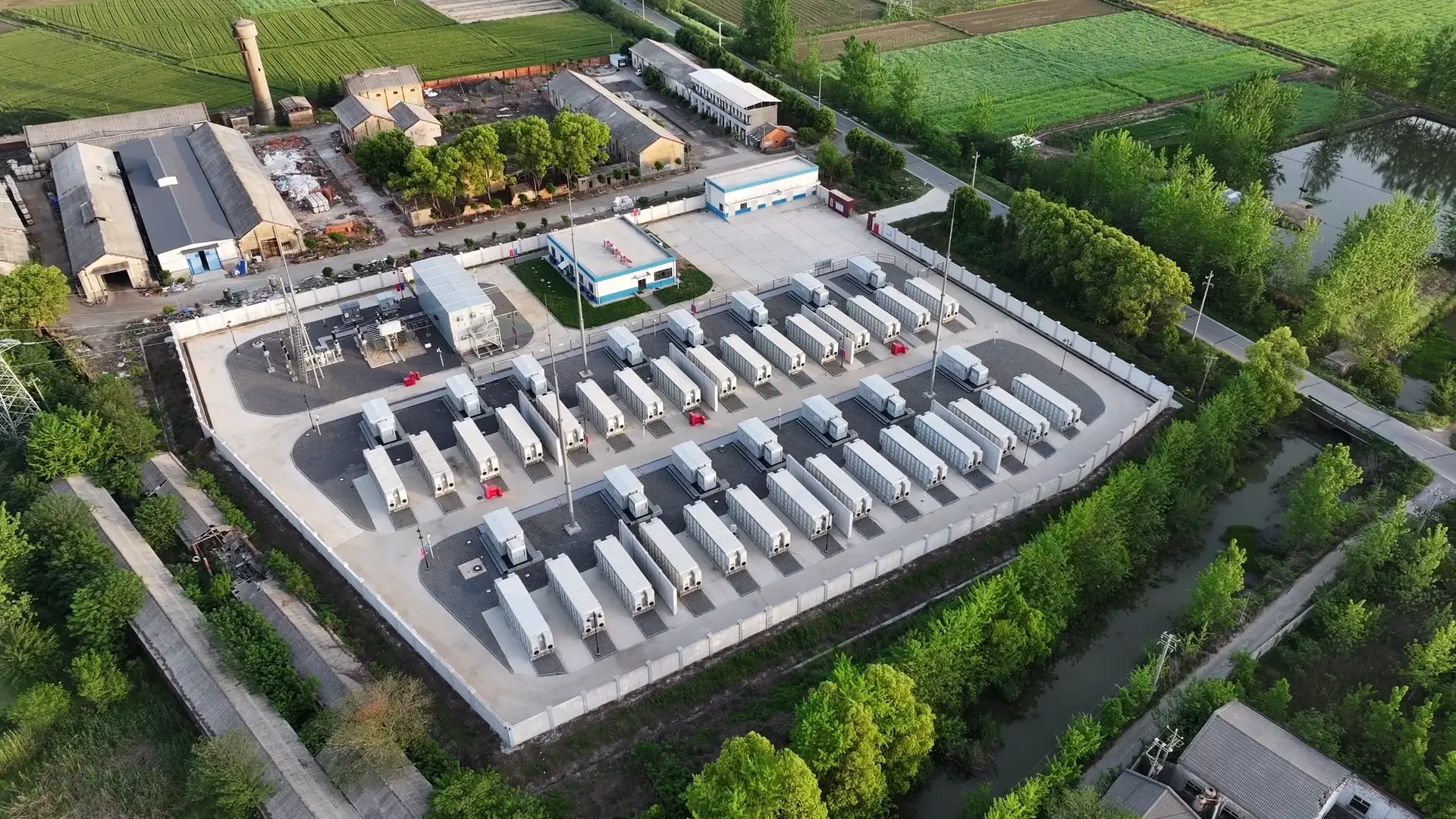



 2025-08-07
2025-08-07 Name
Name Tel
Tel Email
Email Country
Country Company
Company Information
Information